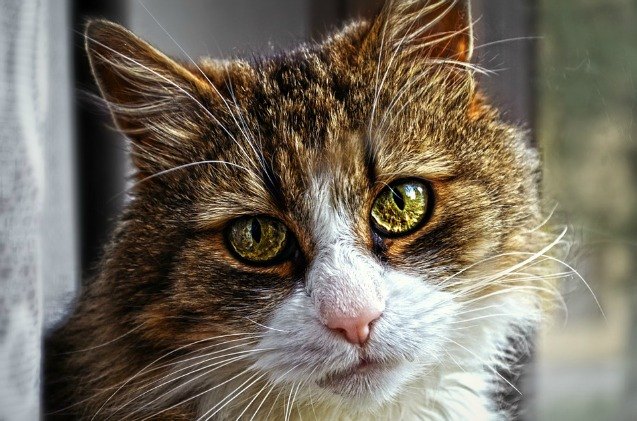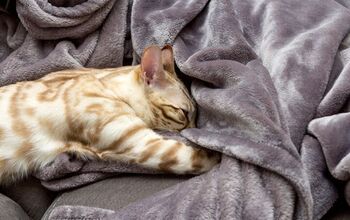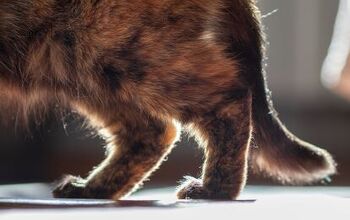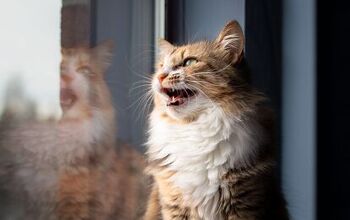What Is Stomatitis in Cats?

While you may have heard stomatitis referred to as oral inflammatory disease or gingivostomatitis, the bottom line is that this is one nasty disease that requires you seek out immediate medical treatment for your pet. Stomatitis produces excruciatingly painful inflammation inside your cat’s mouth (typically the back of the mouth and gums) and can result in weight loss, drooling and breath so bad you can smell it from several feet away.
Although the actual cause is thought to be a breakdown in your pets immune system resulting from feline leukemia, bartonellosis, dental disease or the feline immunodeficiency virus, the truth is it’s not a particularly picky disease and cats of any age or breed can be affected.
Related: Cleaning Cat Teeth – A Guide to Dental Care for Cats
What causes stomatitis?
In a nutshell, your cat’s immune system begins to reject its own teeth and attack the surrounding tissue. As impossible as that sounds, this painful condition results in ulcers forming in her mouth and on her lips, tongue, gums and the back of her throat. Symptoms include heavy drooling (because it’s too painful to swallow), difficulty eating or crying while trying to eat as well as an unkempt appearance because she can no longer groom herself. The trauma caused by these ulcers will also result in her drool being tinged with blood. Yes, it’s that bad.
When it comes to making a formal diagnosis, your poor puss may need some sedation in order for her mouth to be opened and properly examined. While tissue samples may be taken for a biopsy, a physical exam can often identify stomatitis and dental x-rays will help your veterinarian determine its progression and recommend next steps.
Related: Why You Shouldn’t Ignore Your Cat’s Bad Breath
Though the actual disease appears to be virus-based, it is known to be triggered by the plaque and bacterium that attaches itself to tooth surfaces. As a result, the most successful way to treat stomatitis is to remove all teeth and roots. Yes, it’s a drastic resolution but it also has the highest rate of success in terms of a complete remission (or dramatically reduced inflammation) and in the end, don’t we just want our pet to be happy, healthy and pain-free? House-cats can actually live quite comfortably without their chompers!
If this feels too extreme for you, other options can include the use of steroids and cyclosporine drugs to modify her immune system or a long-term treatment of anti-inflammatory medications (and antibiotics) coupled with regular tooth-brushing and dental care to minimize the amount of plaque and subsequent inflammation.

Sharing space with three seriously judgy Schnoodles and a feline who prefers to be left alone. #LivingMyBestLife
More by Mary Simpson























